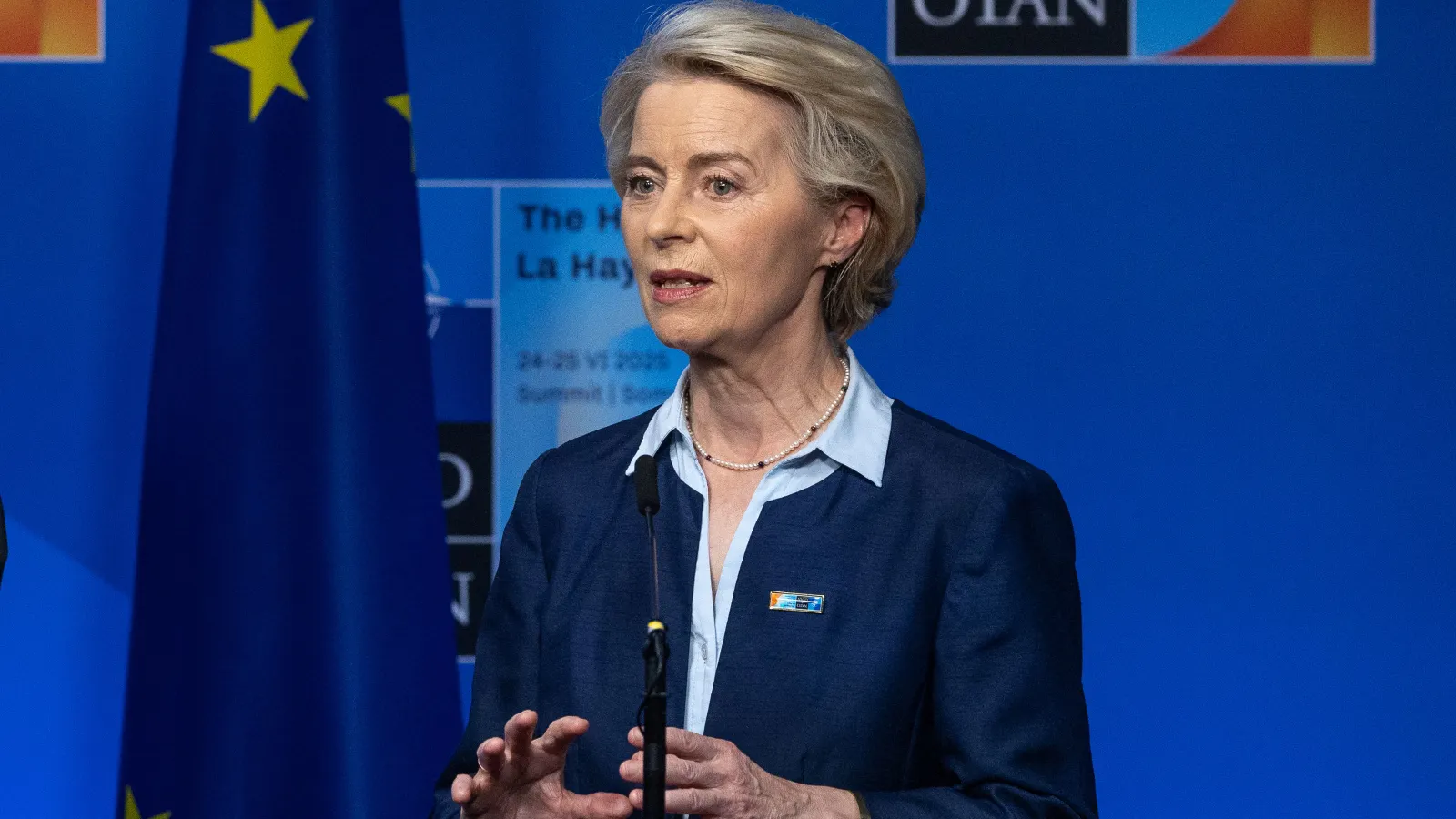Understanding Tariff Delays and Global Responses
The world of trade is currently undergoing a shake-up as multiple countries reassess their positions regarding new tariffs. This gearshift comes as key players—specifically, Canada and the European Union—have chosen to hold off on imposing retaliatory tariffs against the United States
.The Proposed Tariffs
Recently, the U.S. unveiled a series of country-specific tariffs, which were set to commence on August 1. Among these tariffs is a hefty 35% levy on imports from Canada, a 30% tax on products from the European Union and Mexico, and a staggering 50% duty on goods coming from Brazil. These changes stirred the waters of international trade, prompting swift reactions from historical allies and trading partners.
EU’s Countermeasures Timeline
After initial plans to implement countermeasures, the European Commission has decided to postpone these retaliatory actions, now aiming for a new launch period in early August. As European Commission President Ursula von der Leyen stated, “We have always been very clear that we prefer a negotiated solution.” This suggests that rather than escalating tensions, the EU is keen on dialogue and resolution through compromise.
Monetary Implications
Originally, the European Union had prepared to counter with tariffs affecting over €95 billion ($100 billion) of U.S. imports, a move they have now opted to delay. This rethinking demonstrates a strategic effort to gauge the situation better and hold negotiations, rather than immediately retaliate. The EU is also exploring additional countermeasures that could target an estimated €72 billion (around $84 billion) of U.S. goods, reflecting a careful dance of diplomacy and economic strategy.
Canada’s Strategic Posturement
On the flip side, Canadian officials have extended their negotiation deadline from July 21 to align with the United States’ newly proposed tariffs. This move indicates a belief in achieving a fair compromise that would avoid unnecessary economic turbulence. Following the U.S.’s hike of steel and aluminum tariffs to 50%, Canada mentioned that it would also adjust its tariffs correspondingly, emphasizing a desire for equitable trade relations.
Mexico’s Optimistic Outlook
Meanwhile, Mexico’s President, Claudia Sheinbaum, remains confident in reaching a satisfactory agreement with the U.S. before the deadlines loom on August 1. Although Mexico has not announced any formal retaliatory actions, its administration is poised for quick action should negotiations stall.
Brazil Takes a Firm Stand
Contrasting sharply, Brazil has opted for a more assertive approach. President Luiz Inácio Lula da Silva has declared that Brazil will indeed match the proposed U.S. tariffs. This decisive stance indicates Brazil’s determination to protect its economic interests while adding a layer of complexity to the international trade landscape.
Logistics and Global Trade: The Ripple Effect
The cascade of tariff implementations—or lack thereof—could significantly affect global logistics and transportation. Such tariffs can cause shifts in freight demand, as costs attached to shipping goods can ultimately alter routes and modes of transit favored by businesses. If trade routes change, logistics providers must adapt swiftly to meet new delivery challenges.
Potential Impacts on Freight Services
- コスト増: Imposed tariffs raise costs for businesses relying on imports. They may pass these costs onto consumers, impacting purchasing decisions.
- Demand Shifts: Changes in tariffs can shape consumer demand, shifting focus to domestic products.
- 物流の調整: Logistics providers may need to alter routes, explore new partnerships, and rethink strategies to ensure timely delivery amidst shifting economic tides.
- Long-Term Relationships: Ongoing negotiations may build or weaken relationships between nations, affecting long-term trading patterns and logistics strategies.
Mexico and Middle Ground Policy
As countries navigate these turbulent waters, it’s evident that while tariffs are a critical factor in international trade, they do not operate in a vacuum. Investments in logistics will be essential for businesses striving to adapt to evolving trade policies. The concept that “the more things change, the more they stay the same” rings true; foundational business strategies must shift as external factors influence global logistics.
GetTransport.com provides an affordable and reliable platform for international cargo transport that can help businesses navigate through these changes. With solutions tailored for everything from office relocations to moving bulky items like furniture and vehicles, it simplifies logistics planning amidst complex scenarios.
結論
The landscape of international trade is shifting as tariffs play a pivotal role in shaping policy. Countries are strategically assessing the impact, with expected delays in retaliatory actions painting a complex picture of future diplomacy. While immediate effects may feel localized—each decision has a ripple effect on logistics systems globally. Businesses must stay nimble to adjust to these changes. Whether moving goods regionally or internationally, understanding these dynamics is vital, and utilizing a versatile service like GetTransport.com can help make this process seamless and cost-effective.
Ultimately, personal experience trumps even the best reviews. With GetTransport.com, you can book cargo transportation at competitive prices globally, allowing you to make informed decisions devoid of unneeded expenses or surprises. Benefit from comprehensive solutions that offer transparency and convenience, tailored for diverse shipping scenarios. Book your ride now on GetTransport.com.

 遅延関税が世界貿易と物流に与える影響">
遅延関税が世界貿易と物流に与える影響">